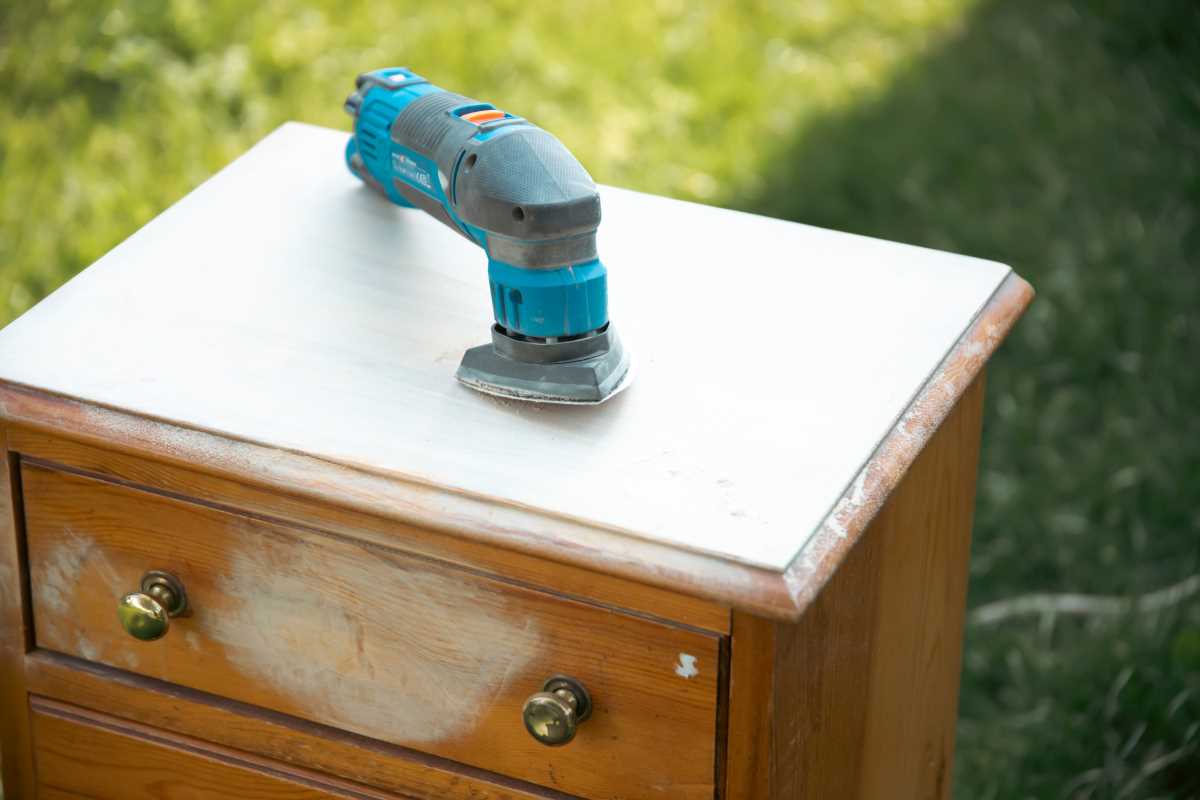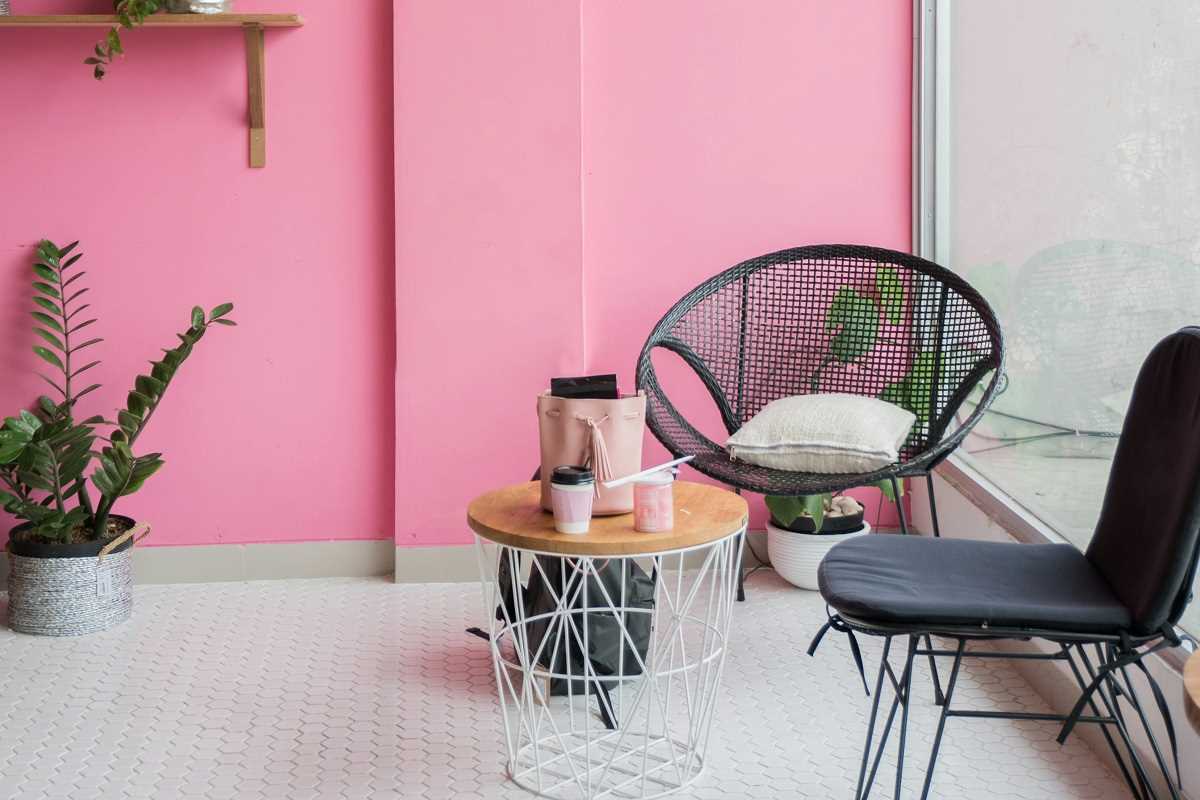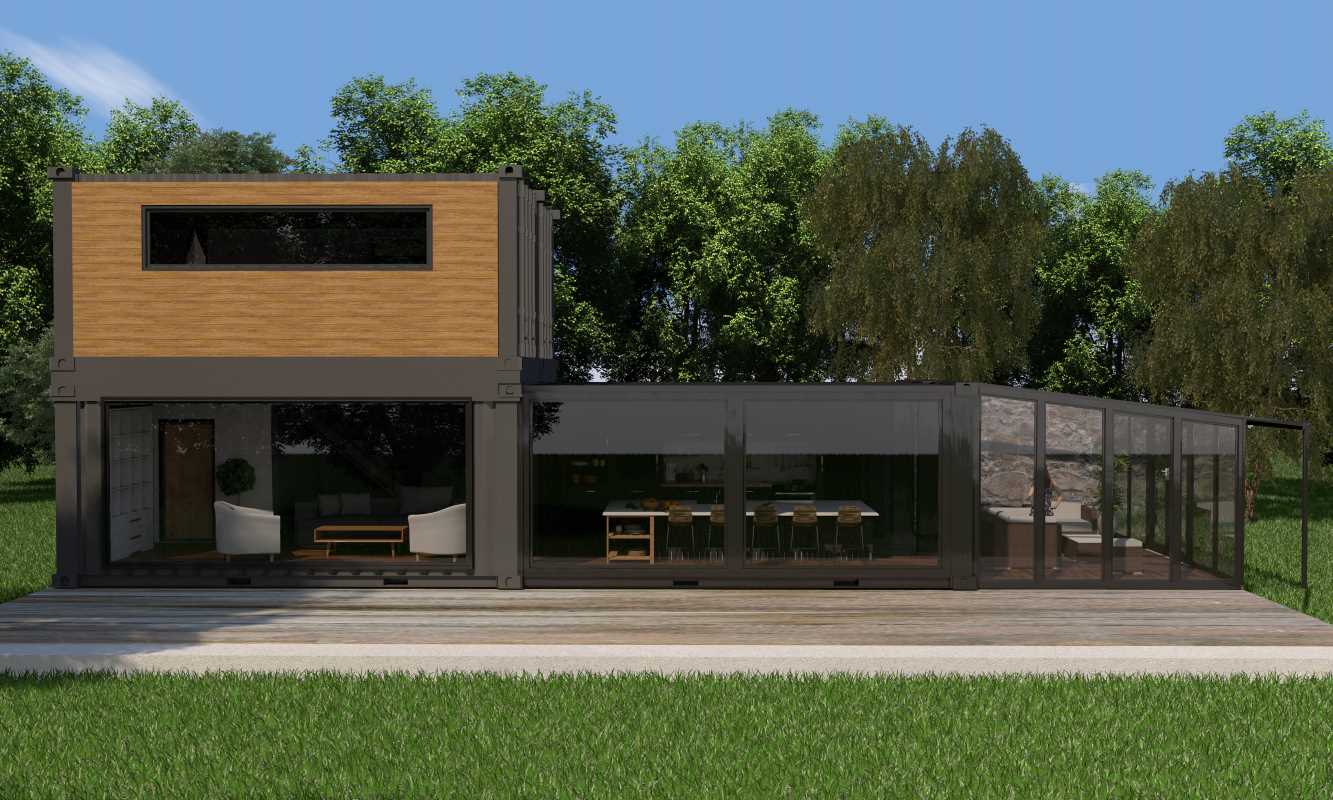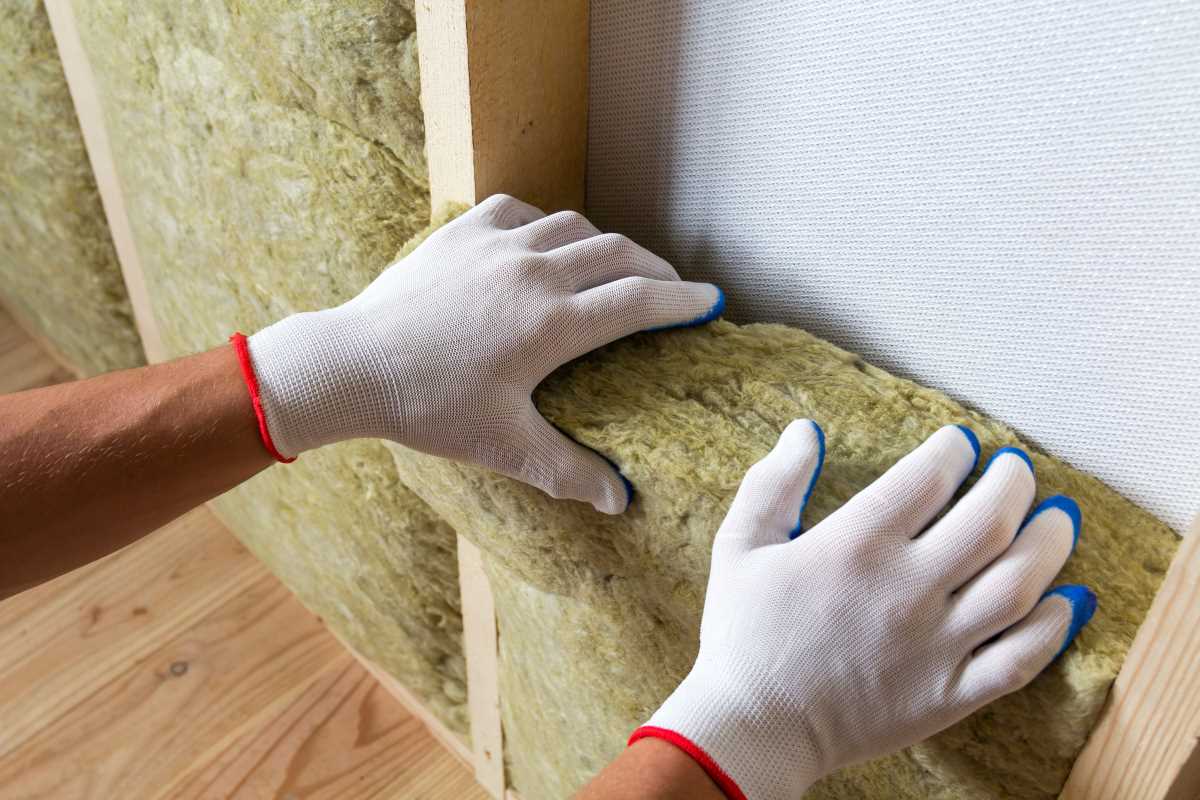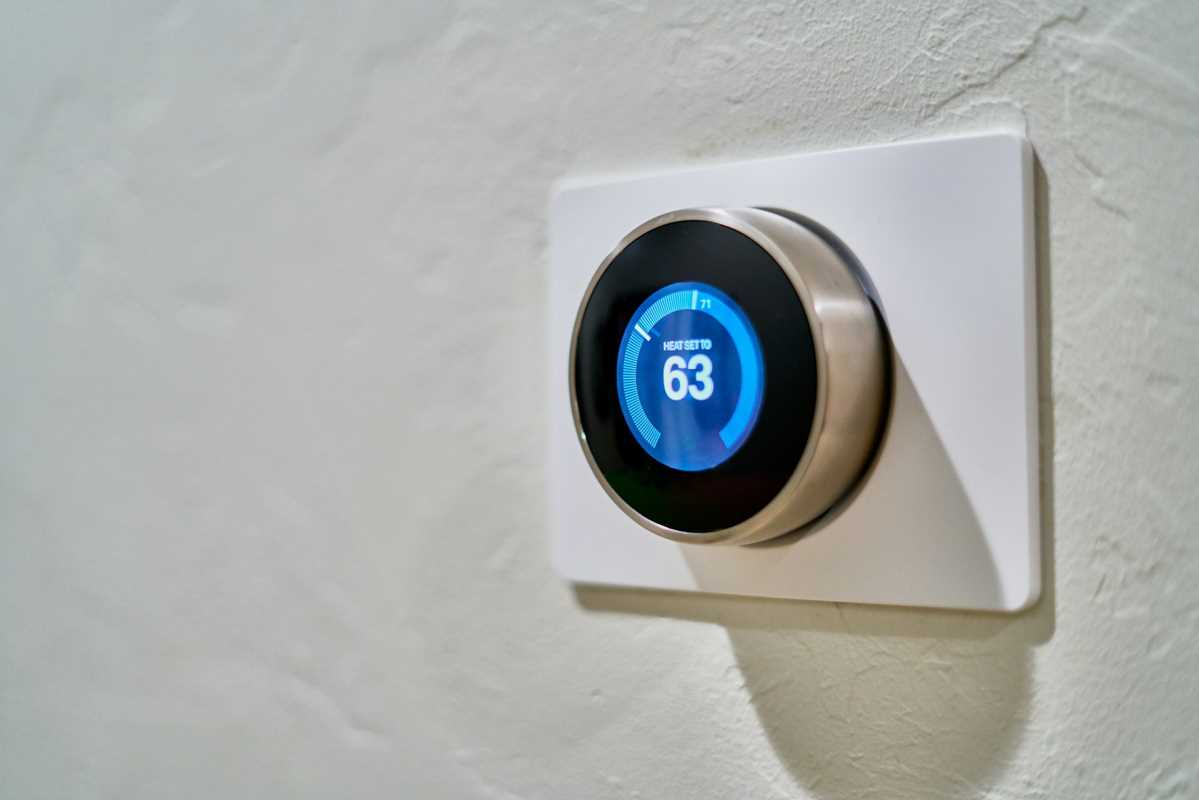Have you ever dreamed of growing fresh, flavorful herbs in your home? With hydroponics, that dream can become a reality! Hydroponics is an innovative and exciting way to grow plants indoors without needing soil or a traditional garden. Whether you have limited outdoor space, live in an apartment, or simply want a convenient way to enjoy fresh herbs year-round, hydroponics offers a solution that’s both easy and fun. In this guide, we’ll explore hydroponics, how it works, and the simple steps you can take to start your own thriving indoor herb garden today.
What is Hydroponics?
Hydroponics is a way of growing plants without soil. Instead of planting seeds in dirt, you use water mixed with special nutrients that help the plants grow. The roots of the plants sit directly in the water, soaking up all those nutrients. This process works really well for small plants, like herbs, because they don't take up much space, and you can control how much food and water they get. It's like giving your plants VIP treatment!
How Does Hydroponics Work?
For plants to grow in a hydroponic system, you need three main things: water, nutrients, and light. Here’s how it all comes together:
- Water: Water replaces soil. You fill a container with water and make sure the roots can soak in it. Over time, the plants absorb the water just like they would from the ground.
- Nutrients: Instead of the plants getting nutrients naturally from soil, you add a nutrient mix to the water. This mix contains essential vitamins and minerals, kind of like plant food.
- Light: Plants need light to make their food through photosynthesis. If your garden doesn’t get enough sunlight, you can use special grow lights to help your plants thrive.
- When you set everything up the right way, the plants grow just as well—or even better—than they would in a regular garden.
Why Grow Herbs Using Hydroponics?
Hydroponics has lots of benefits. Here are some reasons why it’s a great way to grow herbs indoors:
- Saves Space: You don’t need a yard or big pots. A small setup on your counter or by a sunny window works perfectly.
- Clean and Neat: No soil means no mess! You won’t have dirt spilling everywhere.
- Grows Faster: Plants grown in hydroponic systems often grow faster because their roots get everything they need right away.
- Year-Round Gardening: You can grow herbs indoors all year, even during winter when outdoor gardens can't survive.
- Fresh Herbs Anytime: Having fresh basil, mint, or parsley at your fingertips is awesome for cooking or adding flavor to your favorite meals.
Setting Up a Hydroponic System at Home
Starting your own hydroponic herb garden is easier than you think. Follow these simple steps to get started:
Step 1: Gather Your Supplies. You’ll need:
- A container or small tank (like a plastic tub or glass jar)
- Clean water
- A nutrient mix (you can buy this online or at gardening stores)
- Net pots or small cups with holes in the bottom
- Clay pebbles or sponges to hold the plants
- Seeds or baby herb plants
- A grow light (if you don’t have enough sunlight)
Step 2: Set Up the Water System
- Fill your container with water and add the nutrient mix. Follow the instructions on the package to make sure you use the right amount of nutrients.
Step 3: Plant Your Herbs
- Place your herb seeds or plants in the net pots. Fill the pots with clay pebbles or sponges to keep the plants in place. The roots should dangle so they can reach the water below.
Step 4: Add Light
- Put your hydroponic setup near a sunny window or under a grow light. Herbs need about six to eight hours of light every day.
Step 5: Check on Your Plants
- Make sure the water level stays high enough for the roots to reach. Add more water and nutrients as needed. Watch your herbs grow and thrive!
The Best Herbs to Grow with Hydroponics
Not all herbs grow well indoors, so it’s important to start with ones that are easy. These are a few great choices for beginners:
- Basil: Basil grows quickly and is perfect for making pesto or adding to pizza.
- Mint: Mint smells amazing and is great in tea, lemonade, or desserts.
- Parsley: Parsley is a useful herb that you can sprinkle on almost any dish.
- Cilantro: Cilantro adds flavor to salsa, tacos, and many other recipes.
- Chives: Chives taste like mild onions and are great for soups or scrambled eggs.
Once you master these, you can try growing other plants like dill or oregano!
Final Tips for Success
Keep an eye on your plants. The leaves may need more nutrients or light if they look wilted or yellow. Also, make sure the water stays clean. Dirty water can lead to discoloration or even death of the plant.
Don’t overcrowd your setup. Give each herb enough room to grow. With a little care, your hydroponic herb garden will flourish, and you'll have tasty herbs anytime you need them. With the right care, you could have fresh garden herbs year ‘round!
 (Image via
(Image via
